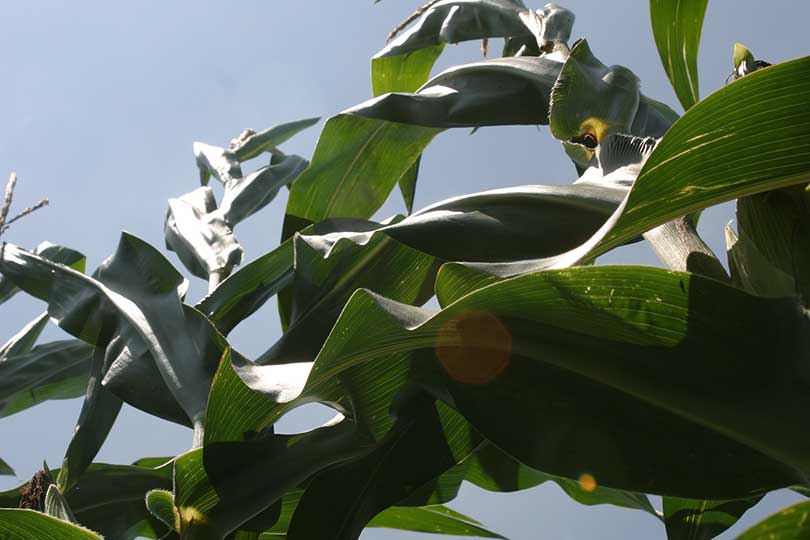Brazilian regulators have lifted the ban on GMO corn imports. The National Biosafety Technical Commission (CTNBio) met recently to authorize three varieties of genetically modified corn for the Brazilian market.
Brazil is facing a crop shortage, particularly in its second winter crop. Due to the shortage, their corn exports have been cut in half, and they have begun importing from regional producers in Argentina and Paraguay.
Brazilian corn imports in 2015 increased by 532 percent year over year to 1.41 million tons, according to Ministry of Industry, Foreign Trade, and Services (MDIC). In 2016, only 19.5 tons were imported from the U.S, according to Successful Farming.
“We imported a lot, but as a whole, when compared with the Brazilian consumption, it is not a huge amount,” Ana Luiza Lodi, a corn analyst at INTL FCStone consulting, told Successful Farming.
The volume is low because the varieties of GM corn grown by the U.S. were not approved in Brazil, according to Lodi.
The three varieties of GMO corn the CTNBio approved were MON87427 and MON87460 from Monsanto and the transgenic corn 3272 by Syngenta.
“The approval will increase the U.S. corn entering Brazil, but we cannot predict what volume these imports will reach,” Lodi said.
It’s more expensive for Brazil to import U.S. corn through sea freight than from Argentina, according to analysts. This may impact the regions of Brazil that will import corn from the U.S.
“I believe the northeast region might be the major benefiter of the import approval. In addition to being closer to the U.S., the northeast consumes more corn than it produces,” Lodi said.
The Brazilian Association of Animal Protein (ABPA) estimated the import in 1 million tons of corn from the U.S.
“The U.S. is having a great harvest and considerable surpluses. In addition, estimates of purchase prices made there are more attractive than those in our domestic market, even in Mercosul countries. It will be a great relief for the entire sector,” chief executive of ABPA Francisco Turra told Successful Farming.
Imported corn may still be subject to traceability measures given the expectation that some products would only receive approval for use as food and feed and not environmental release.
The U.S. Grains Council has been working with biotech companies, the Brazilian industry and the U.S. Department of Agriculture as permission was sought for U.S. imports and will continue to engage to ensure coming trades are conducted successfully.

